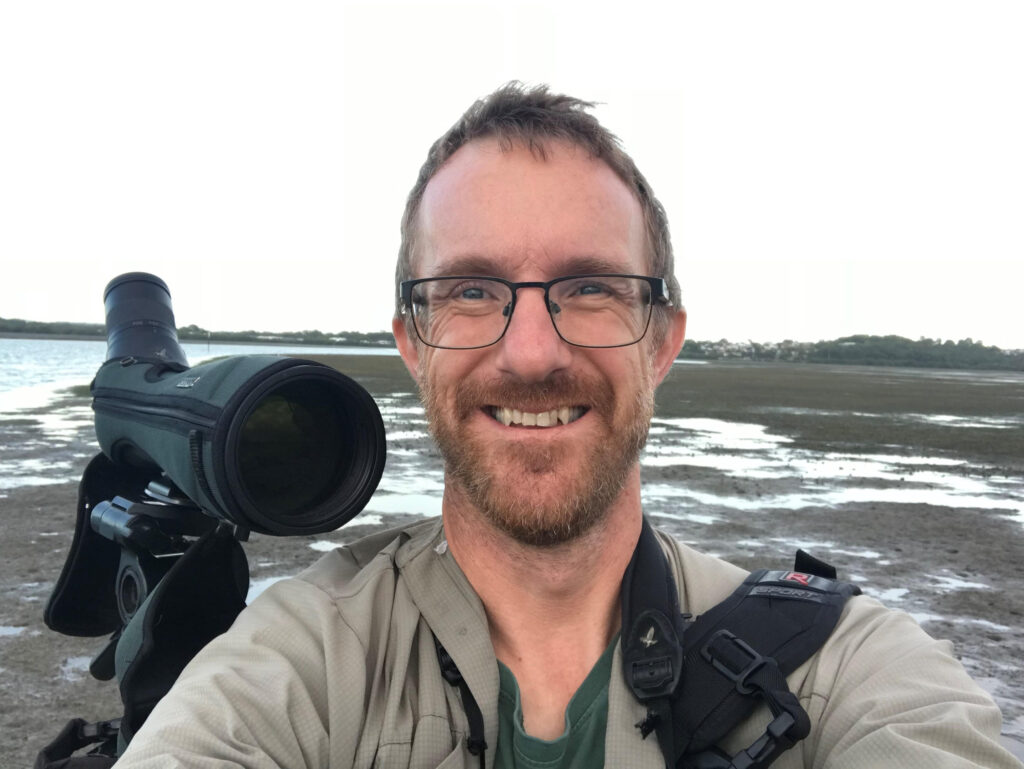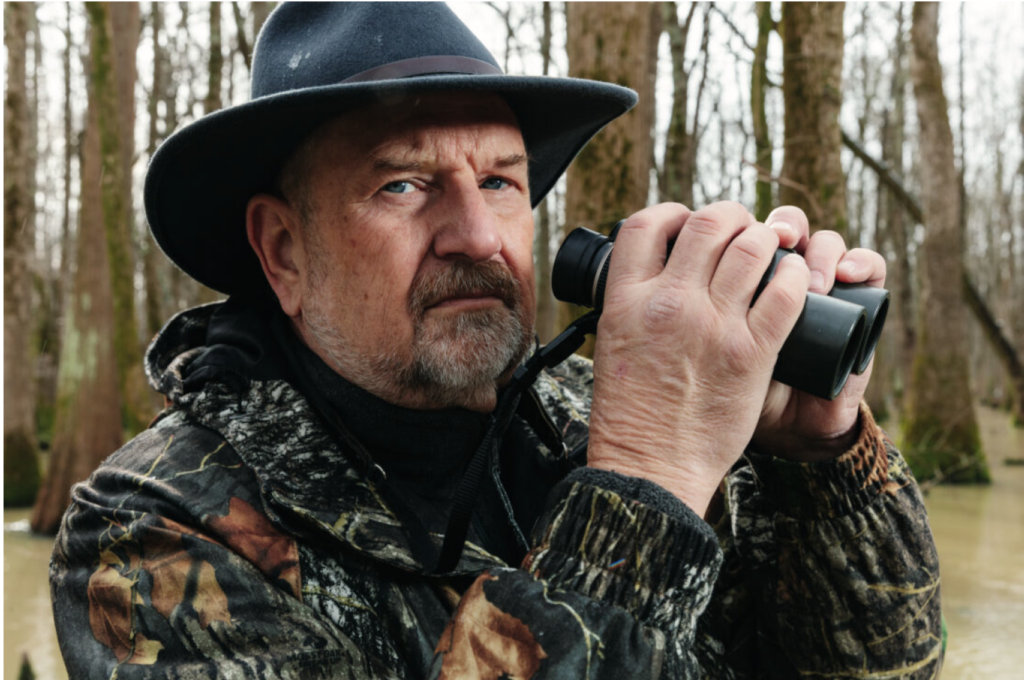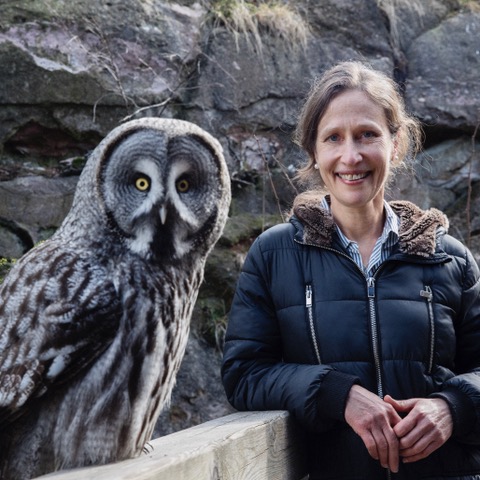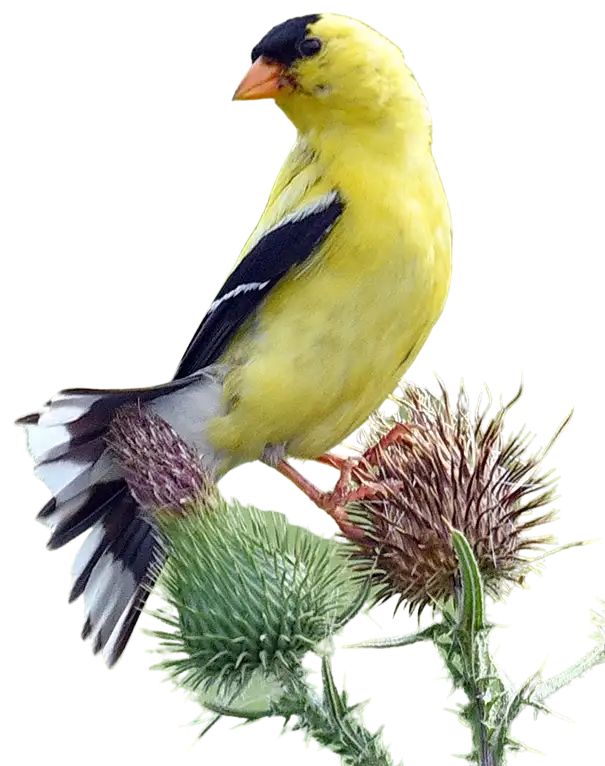This meeting will only be conducted via Zoom. A URL link to the meeting will be emailed out before the meeting. To participate, you will need a laptop, desk top computer, cell phone or iPad or other device with an internet connection. You do not need to have a Zoom account, the URL link will allow you to enter the “meeting” and hear and see the speaker and the presentation.
Alicia Rae Brunner will first talk about her Masters project, in which she studied Swainson’s Warbler winter ecology in Jamaica and demonstrated how individuals modified their space use in response to rainfall change throughout the nonbreeding season. She will then discuss her current Ph.D. work on the behaviors of Black-throated blue warblers in New Hampshire, where she intends to gain a better understanding of the impacts of observed climate change trends in northern forests on the timing of breeding and migration of migratory birds.
Alicia Rae Brunner is a Ph.D. student at Cornell University and the Lab of Ornithology researching the effects of climate change on migratory bird behavior. She currently studies Black-throated Blue Warblers on the breeding grounds in New Hampshire to understand how individual birds may respond to changing environmental conditions. In 2012, she graduated with her B.Sc. from UW-Green Bay after completing an undergraduate project on Eastern Bluebird nest box usage. The beautiful Bluebirds got her hooked and she has been chasing birds ever since! She traveled to places like the Big Island of Hawaii and the Gulf Coast of Alabama to work on an array of avian research projects before starting her Masters at Ohio State in 2015. There, she studied various aspects of Swainson’s Warbler winter ecology; specifically, how they respond to rainfall fluctuations throughout the winter. While in Jamaica, she also worked with American Redstarts on the long-term research project with the Smithsonian Migratory Bird Center, one of the studies that kick-started our understanding of the importance of studying nonbreeding migratory birds. She enjoys birding (obviously!), hiking, traveling, and spending time in nature. Ultimately, she hopes her research will be valuable in our understanding and protection of migratory bird populations now and into the future.







